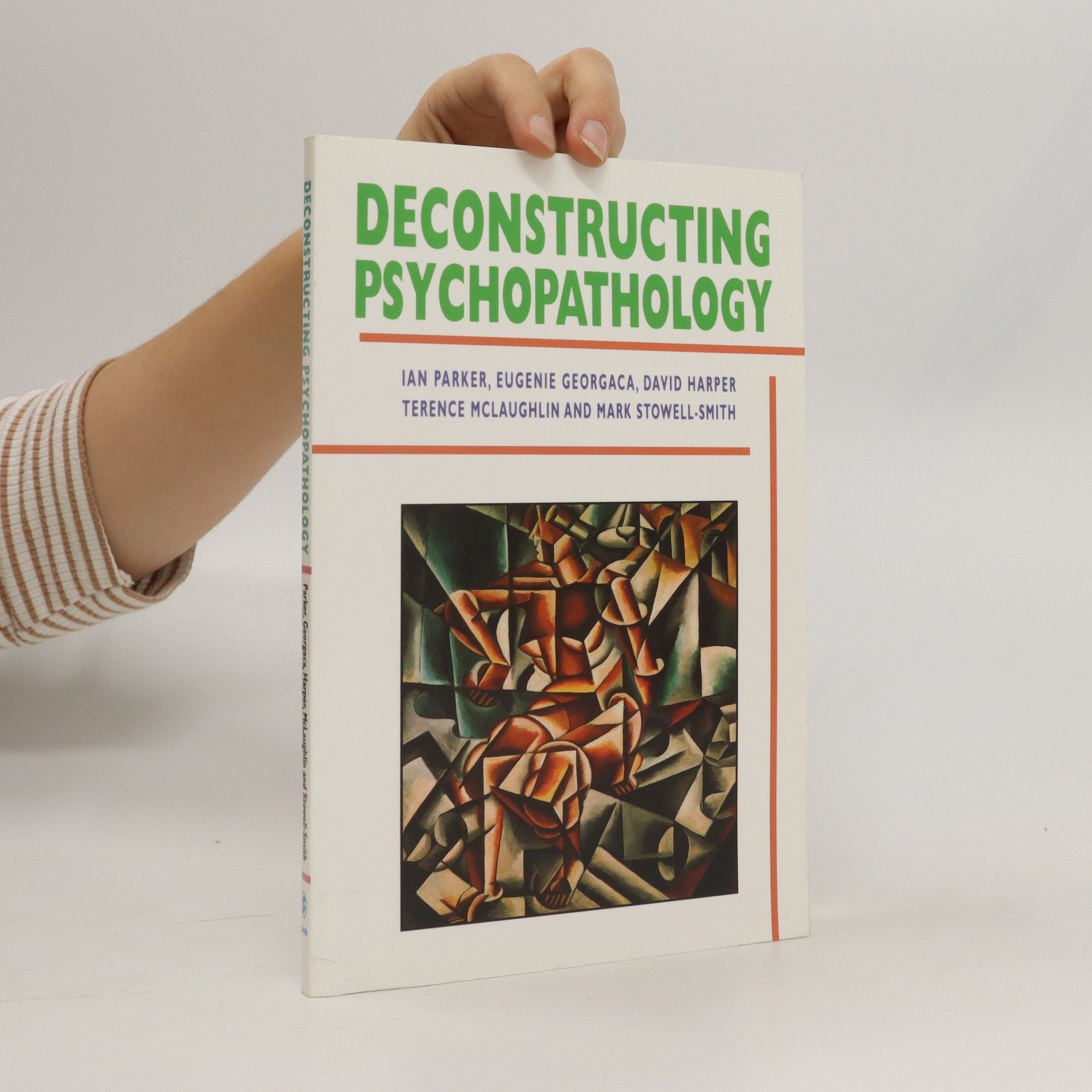Psychoanalyse und Revolution
Kritische Psychologie für Befreiungsbewegungen
Hier geht es um die Wechselbeziehung zwischen der oft krisenhaften äußeren Wirklichkeit und unserem "inneren" Leben. Zu gern werden Probleme, die uns handlungsunfähig machen, auf die Ebene individueller Psychologie reduziert. Wie können wir solche Probleme politisieren? "Psychoanalyse und Revolution" wendet sich an Personen und Gruppen, die gegen eine ausbeuterische und entfremdende Realität kämpfen. Die Beziehung zwischen persönlicher "Innenwelt" und gesellschaftlicher "äußerer" Welt ist für Befreiungsbewegungen höchst relevant. Das Buch steht der Psychoanalyse weder unkritisch noch ablehnend gegenüber, sondern es macht ihre Kernkonzepte - das Unbewusste, Wiederholung, Trieb, Übertragung - politisch nutzbar, um die Welt zu verändern. Quelle: Verlag


